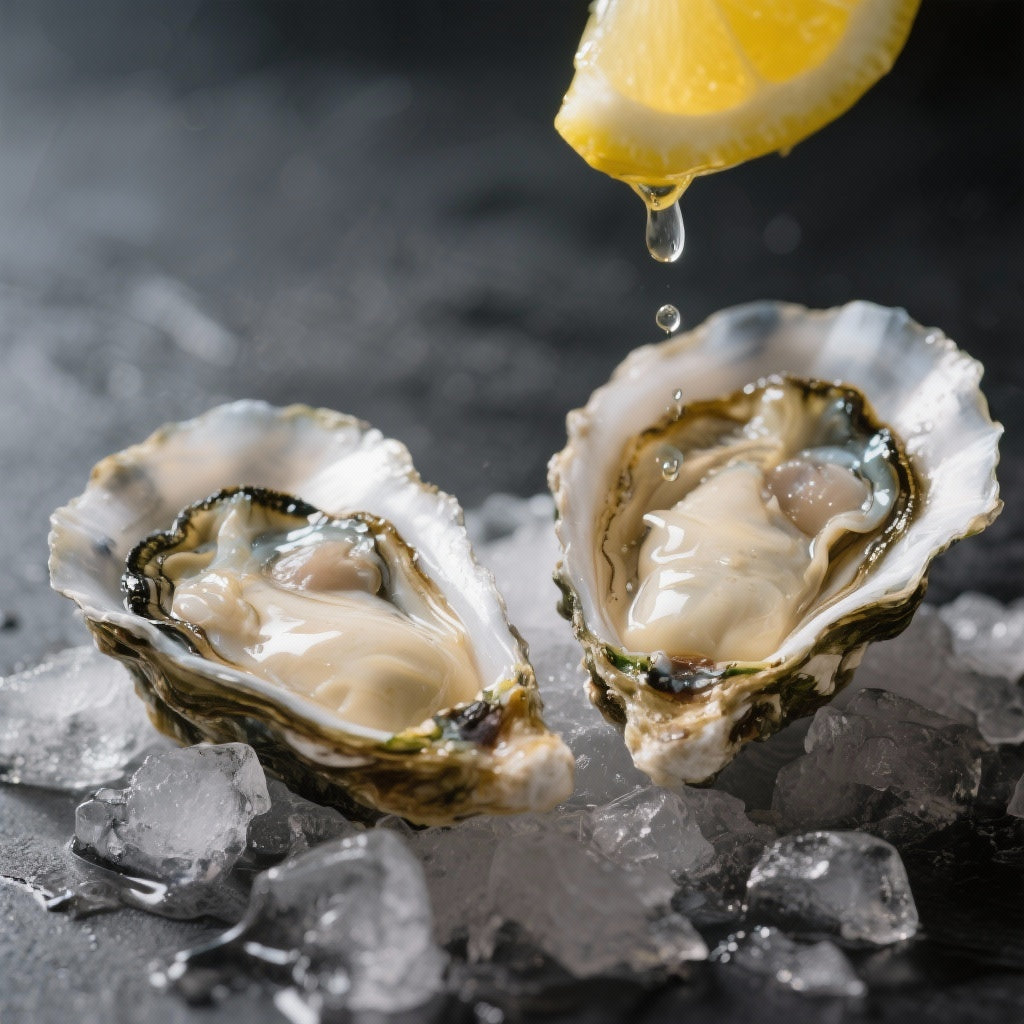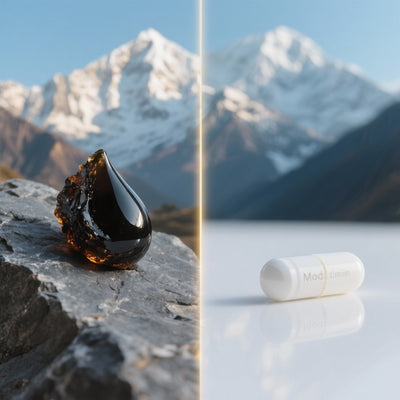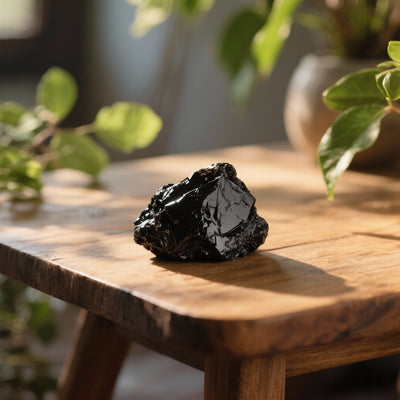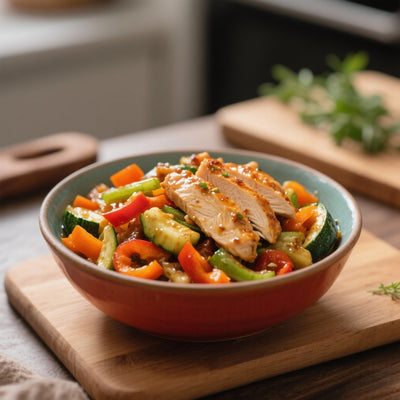True or False: Are Oysters Really Aphrodisiacs?
Valentine's Day is approaching, a romantic dinner is on the horizon, and inevitably, one dish is on everyone's lips: oysters. For centuries, this mollusk with its scandalous reputation has been lauded for its aphrodisiac properties. From Casanova to the present day, the mere mention of a dozen oysters is enough to conjure up images of seduction and desire. But behind this persistent legend, what really lies? Is it a pure figment of the imagination, a carefully cultivated myth, or is there a genuine scientific explanation? In this article, we will dive into the heart of the ocean to separate myth from reality, exploring science, history, and psychology to answer this burning question once and for all.
The Origin of a Myth: History and Symbolism
To understand the oyster's reputation, we must go back in time. The association between this shellfish and love is not new; it is deeply rooted in our culture and history. The legend is so powerful that it has stood the test of time.
From Casanova to the Goddess of Love
Perhaps the most famous icon associated with oysters is Giacomo Casanova, the 18th-century Venetian adventurer whose name has become synonymous with seduction. Legend has it that he consumed up to fifty oysters every morning to maintain his legendary vigor and libido. This story, whether true or exaggerated, cemented the image of the oyster as the fuel of lovers.
But the story goes back even further. In Greek mythology, Aphrodite, the goddess of love, beauty, and desire, was said to have been born from the sea foam and carried to shore on a scallop, a relative of the mollusk. This marine birth created a powerful symbolic association between seafood, and particularly bivalves, and the goddess of love. Eating an oyster was, in a way, consuming a fragment of Aphrodite's power.
Science Under the Microscope: What Do Oysters Really Contain?
Beyond the myths, our bodies have their own language: that of biochemistry. If oysters possess any power, it must lie in their nutritional composition. And on this point, they have compelling arguments.
Zinc: The Undisputed Champion of Testosterone
The oyster's greatest asset is its phenomenal zinc content. It is one of the richest foods in this essential mineral. Zinc plays a crucial role in the production of testosterone, the key hormone for sexual desire in both men and women. A zinc deficiency can lead to a significant decrease in libido and fertility problems.
The shocking statistic: A single serving of six oysters can contain over 30 mg of zinc, which is more than 300% of the recommended daily intake for an adult. It's a veritable energy boost.
By ensuring optimal testosterone levels, zinc directly contributes to maintaining healthy sexual function. This is the strongest and most direct scientific link between oyster consumption and libido.
Specific Amino Acids in Question
In 2005, a study conducted by American and Italian researchers caused quite a stir. They discovered that oysters (as well as other bivalves) contain two rare amino acids: D-aspartic acid (D-Asp) and N-methyl-D-aspartate (NMDA). In the laboratory, injecting these compounds into rats led to an increase in the production of testosterone and progesterone. However, it is crucial to remain cautious: these results have never been conclusively replicated in humans . The quantity needed to observe an effect would be far greater than what a reasonable consumption of oysters could provide.
Support for Dopamine, the Neurotransmitter of Pleasure
Oysters are also a good source of tyrosine, another amino acid. The body uses tyrosine to produce dopamine, a key neurotransmitter in the reward and pleasure circuit. Balanced dopamine levels are associated with motivation, concentration, and... desire. While eating oysters won't cause an instant dopamine spike, a diet rich in its precursors supports the proper functioning of this system, which is essential for well-being and libido.
The Placebo Effect: When the Mind Controls the Body
While science offers some interesting insights, it cannot alone explain the power of the myth. The truth may lie elsewhere, in the psychological realm. The aphrodisiac effect of the oyster could be, to a large extent, a self-fulfilling prophecy.
The Immeasurable Power of Suggestion
The brain is the most powerful sexual organ. If you're convinced that a food will stimulate your desire, chances are it will. This is the principle of the placebo effect. Simply ordering oysters on a date sends a message, an intention. You condition yourself, and your partner, for an evening of sensuality. This psychological expectation can be far more powerful than any nutrient.
The Tasting Ritual: A Sensual Experience
Think about the experience of eating oysters. It's not a trivial act. There's a ritual: opening the shell, the briny freshness that emanates from it, the unique texture in the mouth, both firm and melting, the salty taste that evokes the ocean. It's an experience that engages all the senses. Often shared between two people, it becomes an intimate and suggestive act. The very shape of the oyster in its shell has, for many, an erotic connotation. This context, this staging, is in itself a powerful aphrodisiac.
"The greatest aphrodisiac is not what we eat, but the imagery we create around it. The oyster is the perfect example of a food whose erotic reputation is fueled by ritual, history, and shared suggestion." - Dr. Hélène Leroy, Sexologist and couples therapist.
The Verdict: So, True or False?
After this journey between science and symbolism, it's time to answer the question. Are oysters really aphrodisiacs? The answer is... both true and false . It's a nuanced answer that deserves explanation.
- TRUE: From a nutritional standpoint, their exceptionally high zinc content has been proven to support the production of hormones essential for a healthy libido. Regular consumption can therefore contribute to a good hormonal balance, fundamental to desire.
- FALSE: Oysters are not a magic pill. Eating a dozen oysters will not trigger an irresistible and instant craving if the desire or attraction isn't already present. The effect of rare amino acids in oysters remains unproven in humans.
In conclusion, the aphrodisiac effect of oysters is the result of a perfect synergy: a real nutritional basis (zinc) amplified by a powerful psychological effect (myth, ritual, suggestion). They don't create desire, but they can encourage and sustain it in a conducive environment.
Beyond Oysters: How to Boost Your Libido Naturally?
Whether you love oysters or not, a healthy libido depends on overall well-being. Here are a few tips to nurture your desire on a daily basis.
A Varied and Balanced Diet
Zinc isn't just found in oysters! Think about pumpkin seeds, red meat, and legumes. Also include foods rich in omega-3 fatty acids (oily fish, nuts) and flavonoids (dark chocolate, berries). For delicious ideas, explore our healthy and tasty recipes .
A Healthy Lifestyle
Fatigue and stress are the worst enemies of libido. Make sure you get enough sleep, and engage in regular physical activity to improve blood circulation and reduce stress. Relaxation techniques like meditation can also work wonders. Discover more tips on our lifestyle blog .
Ultimately, the next time you enjoy oysters, savor them for what they are: a briny delight, a nutritional treasure, and a wonderful excuse for a sensual moment of sharing. The true aphrodisiac is the attention you give to your well-being and your partner.





